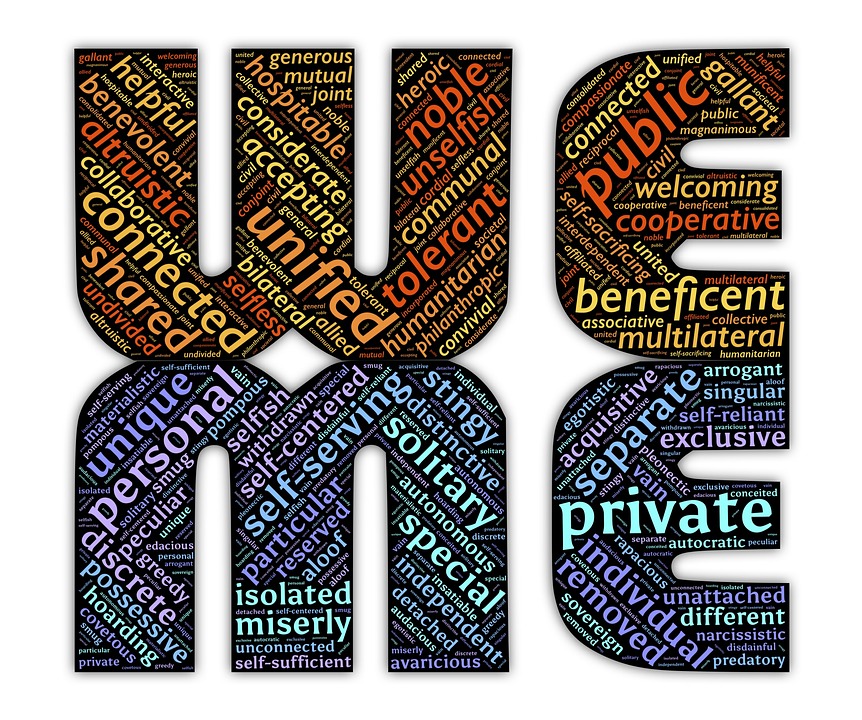
I was in our memoir discussion group recently and a friend made a statement that was food for thought later. He said something like, “All of us are a little bit insane. I’ve learned that if we get outside ourselves and start doing for others, we start becoming saner.”
I had never really looked at the relative problem of insanity in that light before. I do agree that we’re all at least a bit crazy. Our social veneer is our way of hiding it and it works pretty well with those who don’t live with us. Let’s examine the issue and see what we find.
Who Are You Calling Self-Absorbed?
Well, look around. If you live in the United States, you have goals, you love your stuff and you hardly think about what you can do for others, you may be self-absorbed. I would say that many of us who are really wrapped up in the arts have a tendency to be self-absorbed. How many people do you know who are true givers? Do you recognize those who volunteer freely and generously? They’re like saints walking among us.
Who Are You Calling Crazy?
While I do see that most of us exhibit traits outside the realm of rationality, I’m arbitrarily reserving this word “crazy” for mental states that inhibit the ability to be productive and generally happy. Stifling ourselves from being able to carry out the duties of a job or to create without restraint or to just stay out of the trappings of depression would be a few examples of mental illness.
More on how mental illness coincides with being self-absorbed is found on the website known as Learning Mind.
“When being self-absorbed, the care of others’ feelings seems to fade into the background. Unfortunately, self-absorbed people don’t make the best of friends, and they tend to spend way too much time being concerned about themselves and even having grandiose thoughts of their special status. It’s like confidence on steroids, I would assume, or something of that nature. Self-absorption can be seen in serious character flaws and even illnesses too.

Psychological dysfunctions, such as bipolar disorder, PTSD and even addictions, have displayed traits of selfishness and self-absorption. Those who suffer from Borderline Personality disorder also display self-absorbed tendencies.
In this case, BPD patients have issues with understanding the truth of their environment causing the inability to successfully draw conclusions of others. And of course, we cannot deny the presence of being self-absorbed when dealing with narcissism. In fact, being self-absorbed is the major characteristic of the narcissistic personality.”
Shifting Toward Altruism
I believe it would be safe to assume that acting in such a way as to help others rather than acting only in self-interest is the saner life choice. It represents the greater good, so it makes more sense than working for the lesser good. This would be an indication of expanding sanity.
I confess to having lived too selfish a life to this point. I’ve learned to be less so over the years, though I have a good distance to go to reach sainthood. Nonetheless, I am actually excited by the concept of altruism. I have long aimed to live my life as under such a banner. Merriam-Webster defines an altruist as follows: “an unselfish person whose actions show concern for the welfare of others.”
How would altruism affect the life of the person practicing it? Consider this quote from a Wikipedia article on the subject of altruism. “Altruism is the principle and moral practice of concern for
So, how do we get there. Here are a few ideas that may help.
The American Psychological Association published an article titled Awe May Promote Altruistic Behavior in 2015. Quoting an excerpt, “Our investigation indicates that awe, although often fleeting and hard to describe, serves a vital social function. By diminishing the emphasis on the individual self,
From Buddhist

It’s basically about love. Directing more love outward to others rather than inward raises our awareness and mental balance. Make it so.